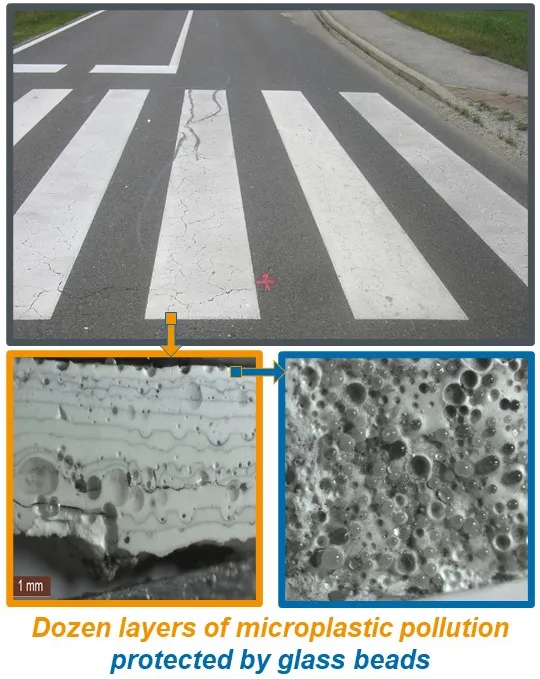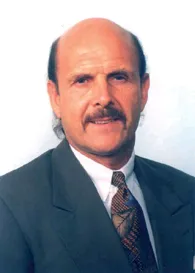
In India, more than 11% of all fatalities from traffic accidents, or over 16,000 lives, involve commercial vehicles
Given the loss of life, and the costs of damage to goods and property, there is an urgent need to reduce, and eventually eliminate this unnecessary loss of life.
The goal of the Drive Safe India Initiative is to develop a voluntary industry code to reduce traffic accidents and fatalities by transforming:
1) commercial vehicle standards, 2) driver care and training, 3) vehicle financing, 4) insurance, and 5) road haulage contracts. As part of this initiative, a database of "safe" drivers and haulage companies will be developed. The industry code will be based on pan-India research and best practices from around the world. The impact of this initiative will be monitored using real time and collected data.
Once ready, the Drive Safe India Code will be adopted and used by the participating partners and is expected to become an industry standard used by the majority of, if not all, corporates, across all sectors of the Indian economy. The adoption of this code is expected to lead to a large reduction in the number of truck accidents and associated fatalities.
In the coming months, the launch partners of the Drive Safe India Initiative will seek to increase the number of partners to join this initiative.
The Drive Safe India Code will be formally launched at CROSSROADS World Road Meeting 2017 that is to be held in Delhi, India from 14 – 17 November 2017.








